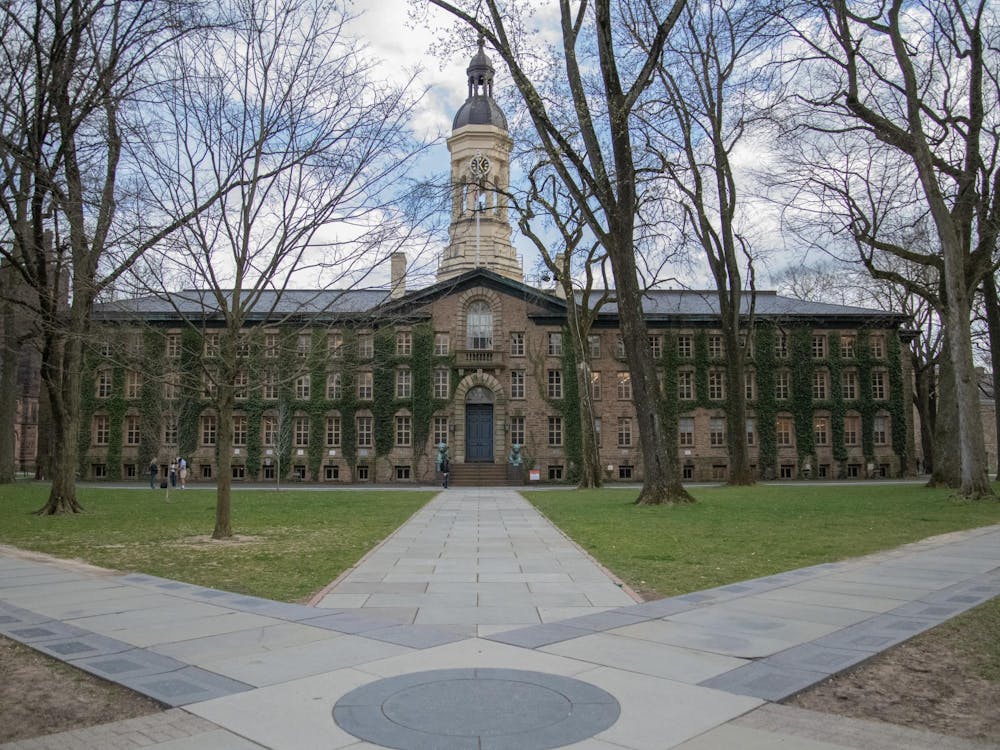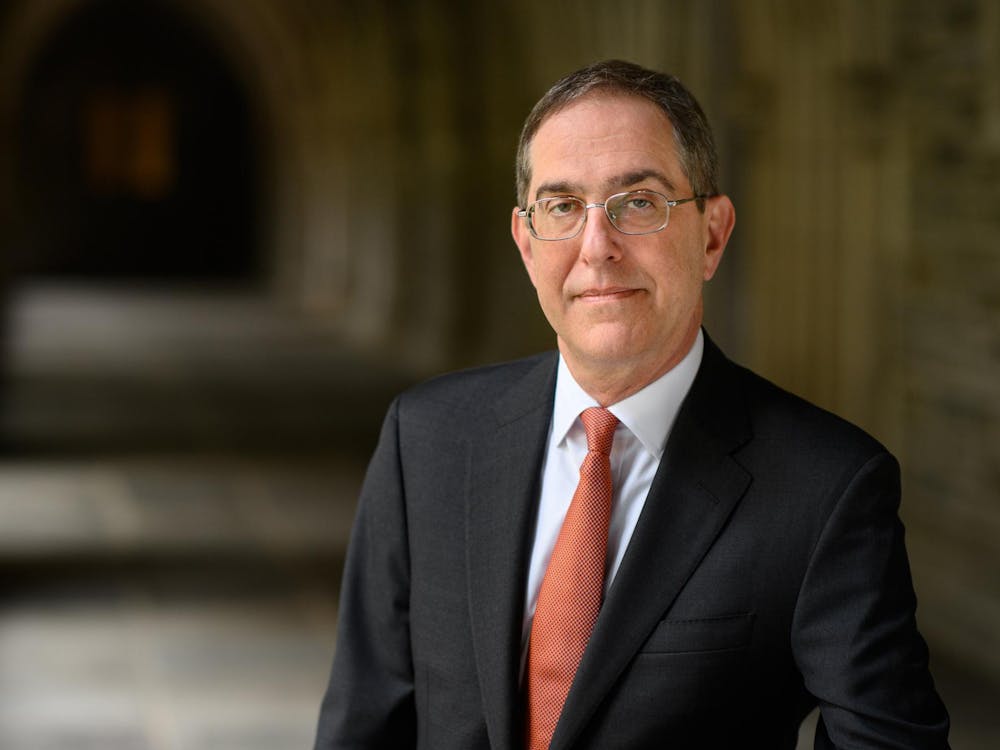Imagine hypothetically, I am walking alone at night. Some three strangers approach me and take me to a parking garage. They ask me to give them money and I give all the cash I am carrying without resistance. Is it theft or do they just consensually receive my money? Theft is the physical removal of an object without the consent of the owner. Do I give consent just by staying still in a threatening circumstance?
On June 16, I received an email with the information about witnesses of kissing between a Princeton electrical engineering faculty member and a former Princeton graduate student who was subject to his academic supervision. I submitted a screenshot of this email, with the informants’ identities hidden, to Title IX administrator Regan Crotty on June 17. She replied on June 18 to this email that “With respect to the alleged kissing/relationship, the best thing would be for the two witnesses (and/or anyone else who has concerns or relevant information) to contact Toni Turano (tturano@princeton.edu, 609-258-3024) directly. This inquiry (regarding an alleged consensual relationship) would be overseen by her office because, while it is against University policy to engage in consensual relationships with graduate students you are advising/evaluating, this violation does not fall under the University’s sexual misconduct policy. She could explain to them that we could keep their identities confidential/anonymous.” She referred to the incident as “consensual” without any Title IX inquiry on the information I submitted or conversation with the informants.
According to University policy, when the Title IX office receives a complaint, it must conduct an initial assessment. If the Title IX office determines that the complaint is outside the scope of sexual misconduct policy, it may refer the complaint to another office for review. Did Crotty make a right determination that the information is outside the scope of sexual misconduct? Can someone determine that some incident was consensual before initiating an investigation to figure out whether it was consensual or not? I would like to raise a question: How could she reach the conclusion that this inquiry regards an allegedly “consensual” relationship even without a Title IX investigation?
University policy reads that “in reviewing possible violations of sexual misconduct, the University considers consent as the voluntary, informed, un-coerced agreement through words and actions freely given, which a reasonable person would interpret as a willingness to participate in mutually agreed-upon sexual acts.” Is it easy for everyone to be un-coerced by authority? Can any reasonable person really interpret not resisting against someone who has power over your career as consensual?
According to University policy, sexual harassment is “unwelcome verbal or physical behavior which is directed at a person based sex, gender identity or gender expression, when these behaviors are sufficiently severe and/or pervasive to have the effect of unreasonably interfering with an individual’s educational experience, working conditions, or living conditions by creating an intimidating, hostile, or offensive environment.” Should there necessarily be violent resistance in order to prove it is unwelcome? Does silence in a career-threatening situation imply that it was welcome? If I had not reported that Sergio Verdú sexually harassed me in fear of losing my research career, would it not have been sexual harassment?
What is consensual?
Yeohee Im is a graduate student in the electrical engineering department. She can be reached at yeoheei@princeton.edu.








